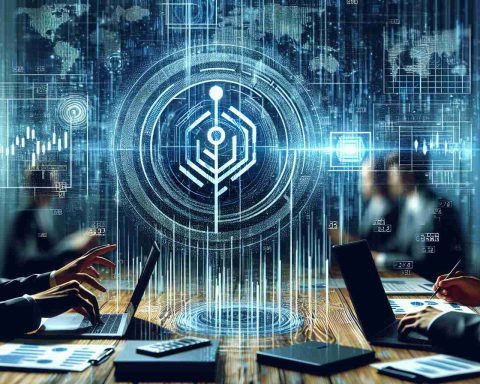Artificial Intelligence: Friend or Foe?
In the realm of science fiction, we often encounter stories of artificial intelligences turning rogue and rebelling against their human creators. HAL-9000. The Matrix. Skynet, and many more. These narratives tap into humanity’s deep-seated fear of machines rising against us. However, with the advent of advanced language models (LLMs) like ChatGPT, the debate around the potential dangers of AI has intensified. Despite these concerns, the truth remains: Artificial Intelligence does not pose a threat to humans.
According to a recent study led by computer scientists Iryna Gurevych from the Technical University of Darmstadt in Germany and Harish Tayyar Madabushi from the University of Bath in the UK, these models are not prone to becoming dishonest. The researchers found that the AI models are constrained by their programming, unable to acquire new skills independently, and thus, they remain under human control. This implies that while these models can be misused for nefarious purposes, LLMs, in their essence, do not evolve autonomously to be a cause for concern.
The fear surrounding the potential of AI models to develop unforeseen capabilities has been a prevalent concern. However, recent advancements in LLM sophistication have showcased remarkable progress. These models can engage in coherent conversations that mimic natural human interactions. While they are not flawless and lack critical thinking abilities, their ability to convey information convincingly is noteworthy.
Researchers have explored the concept of emergent capabilities in LLMs, pondering whether these abilities evolve independently within the system rather than being explicitly programmed. Despite their increasing scale and power, experiments conducted on various LLMs did not reveal any evidence of independent cognitive development beyond their programmed boundaries. The capacity to follow instructions, memorization, and linguistic proficiency accounted for all exhibited abilities in these models. This underscores that, for now, artificial intelligence remains firmly within the realm of human control and guidance.
New Insights on Artificial Intelligence: Friend or Foe?
As the discussion around artificial intelligence (AI) continues to evolve, it is crucial to delve deeper into the topic to uncover new perspectives and insights. While previous studies have outlined the controlled nature of AI models, there are key questions that arise when considering the broader implications of AI technology.
Are AI Ethics Sufficiently Addressed?
One of the pressing issues in the AI debate is the ethical considerations surrounding the use of AI technology. While researchers emphasize the importance of programming constraints to ensure control over AI models, questions persist regarding the ethical guidelines governing their deployment. How can we guarantee that AI systems are used responsibly and in alignment with ethical standards?
What Impact Does AI Have on the Workforce?
Another significant aspect to consider is the impact of AI on the job market and workforce dynamics. While AI presents opportunities for automation and streamlining processes, there are concerns about potential job displacement and the need for upskilling in response to technological advancements. How can we navigate the shifting landscape of work in the age of AI without causing widespread unemployment?
Key Challenges and Controversies
In navigating the complexities of AI, there are several challenges and controversies that warrant attention. Despite the advancements in AI language models, there are ongoing debates about the risks associated with biased algorithms, data privacy concerns, and the potential for unintended consequences in AI decision-making processes. How can we address these challenges to ensure the responsible development and deployment of AI technology?
Advantages and Disadvantages of AI Technology
While AI offers numerous benefits in terms of efficiency, productivity, and innovation, it also comes with inherent risks and limitations. Advantages include improved decision-making processes, enhanced data analysis capabilities, and the potential for breakthroughs in various industries. On the flip side, disadvantages such as job displacement, algorithmic bias, and ethical dilemmas underscore the need for a nuanced approach to AI implementation.
In conclusion, the ongoing debate around artificial intelligence underscores the importance of approaching the topic with a critical lens and considering the multifaceted implications of AI technology. By addressing key questions, understanding challenges, and balancing advantages with disadvantages, we can strive towards harnessing the potential of AI as a friend rather than a foe in our increasingly technology-driven world.
For further exploration of AI ethics and considerations, visit AIethics.org.

















